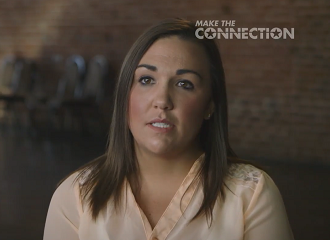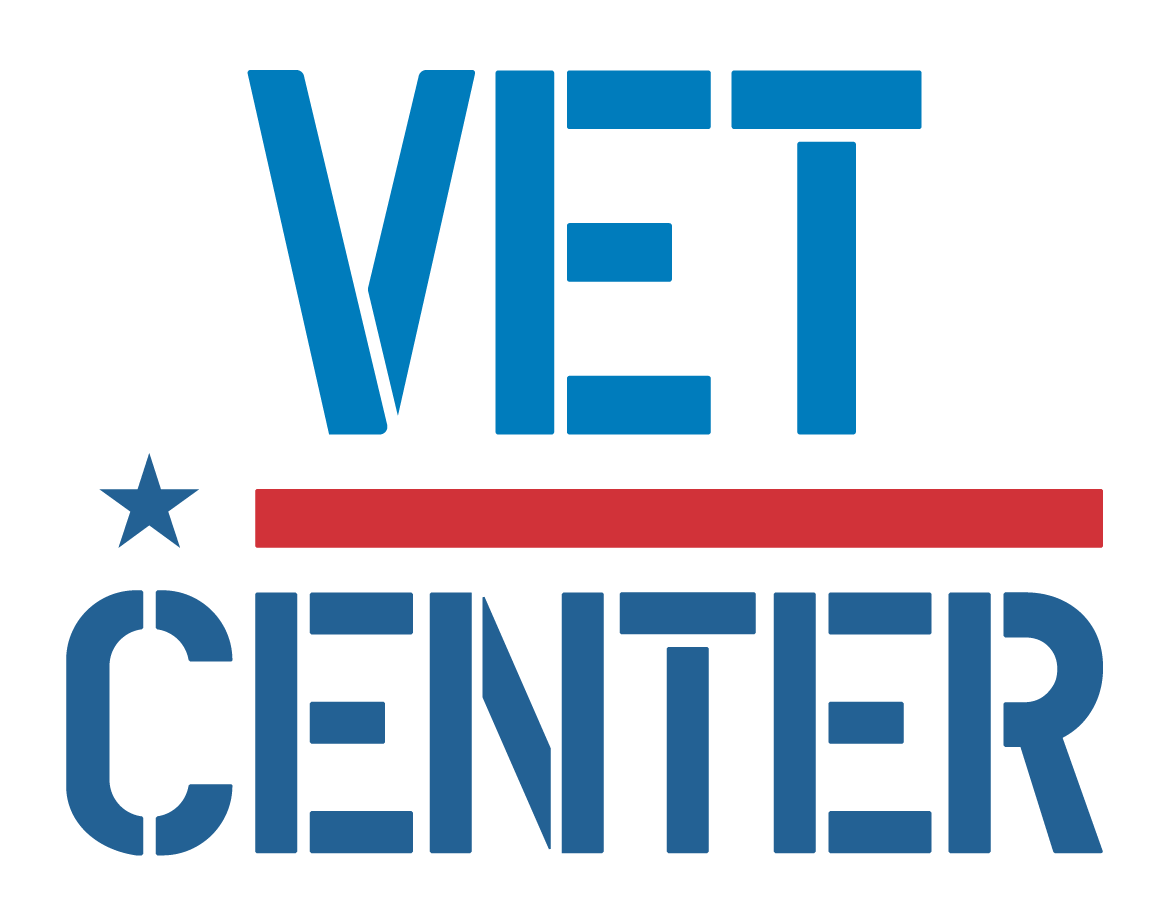Anxiety, stress, or frustration are natural reactions to significant events, such as military deployment. When getting ready to deploy, you may experience some of the following challenges:
- Feeling lonely or detached from your loved ones
- Feeling angry, irritable, or anxious
- Having trouble sleeping
- Feeling unmotivated or having a negative outlook
- Arguing with a spouse or loved one more frequently
If stressful thoughts and feelings start to interfere with your work, relationships, or daily activities, your physical and mental health can be affected, and it can be a sign to reach out for support.
As you prepare to deploy, there are steps you can take to reduce stress. A healthy lifestyle and staying physically and emotionally fit can improve your overall well-being and help you cope effectively. You may also find it helpful to prepare in the following ways:
- Create a deployment plan to help decrease some of the uncertainty for you and your family
- Try to plan a realistic schedule for communicating with your loved ones
- Take advantage of offers from friends and other members of your community to help during your deployment
- Decide before you leave what types of things you will want to talk about during deployment and what you might not want to talk about until you get back home
- Exercise, eat well, and stay healthy
- Relieve stress through relaxation techniques, such as deep breathing, meditation, or prayer
- Reach out to family or friends if you’re feeling down
- Try to get a good night’s sleep; getting quality sleep can help you feel better
- Avoid using alcohol to cope with stress or anxiety
Talking to your family and friends about your experiences can be helpful as you deal with your transition. You might also try talking to fellow service members about what you’re experiencing. They may have a better understanding of what you are going through and may be able to provide you with support and suggestions for a smoother transition to your deployment.
Every day, Veterans from all military service branches and eras connect with proven resources and effective treatments. Here’s how to take the next step: the one that’s right for you.
New to VA? Apply for health care benefits.
- Getting started is simple. Create a free account online to help ease your enrollment process. To prepare to apply for VA health care in person, by telephone, or by mail, explore VA’s “How to Apply for VA Health Care” page.
- Not sure whether you are eligible for VA health care benefits? Read about eligibility for VA health care.
- Unsure of what kind of help you need? Call 877-222-VETS (877-222-8387) to find the right resources to meet your needs, Monday through Friday, 8:00 a.m. to 8:00 p.m. ET. If you have hearing loss, call TTY: 800-877-8339.
- Veterans’ family members and caregivers can see whether they qualify for VA medical benefits as a spouse, surviving spouse, dependent child, or caregiver. Explore family and caregiver health benefits.
Already enrolled in VA and interested in mental health support? Schedule a mental health appointment.
- If you’re already enrolled in and using VA health care, the fastest way to schedule VA appointments is to call the VA facility where you want to receive care.
- With VA appointments tools, you can schedule some VA health care appointments online, view details about upcoming appointments, and organize your health care calendar.
- If you’re not using VA medical services, contact your nearest VA medical center or Vet Center to talk about your needs.
What about other options at VA? VA offers a variety of tools and resources.
- The Veteran Training online self-help portal includes modules on managing anger, developing parenting and problem-solving skills, and more.
- Mental health apps for Veterans cover a variety of topics, ranging from PTSD to anger management to quitting smoking.
- VA TeleMental Health connects you with a VA mental health provider through a computer or mobile device in your home or at your nearest VA health facility. You can learn more about this option from your local VA medical center.
- Community-based Vet Centers provide confidential counseling, community engagement and referral services to eligible individuals and their families. You don’t need to be enrolled in VA healthcare or have a service connection to receive services. Find a Vet Center near you or call 877-927-8387, 24/7 to talk with a fellow Veteran about your experiences.
What about support outside of VA?
FindTreatment.gov and the National Resource Directory list programs outside of VA. Use these tools to find resources near you.
Learn more about what you can do if you are experiencing specific concerns related to prelaring for deployment, such as trouble sleeping, feeling on edge, relationship problems, anger and irritability, anxiety disorders, and depression.











